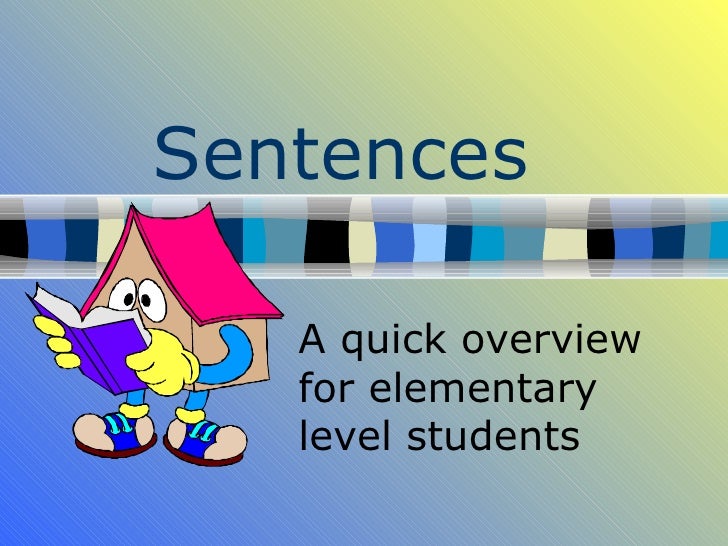


(For example, in "I ordered a coffee because I needed to wake up," ordered is the main verb because it's in the independent clause "needed" is in the dependent clause.) In complex sentences, there is one independent clause and one dependent clause, so the main verb will be in the independent clause.(For example, in "I ordered a coffee and Sharon asked for an iced tea," both ordered and asked are main verbs.) In compound sentences, there are two independent clauses, so the sentence has two main verbs.There is usually one main verb per independent clause. Now that you know how to find the main verb in a simple sentence, you can identify the main verb in other types of sentences. Identifying the Main Verb in Longer Sentences

That's one way to identify the main verb: if the timing of the sentence changed, which action would remain the same? You can change the helping verbs to establish when the action takes place, but the main verb ( study) is always the same. Progressive Tensesįuture: I will have been studying Spanish. Check out how adding helping verbs (which are italicized) changes the timing of the sentence, but not the action. In the present-tense sentence "I study Spanish," study is the main verb because it conveys the action. Verb phrases consist of a helping verb (usually forms of "to be," "to have" or "will") that place the main verb in the proper time period. If you're putting your sentence in a verb tense besides past or present, you're using a verb phrase. Identifying the Main Verb in a Verb Phrase But what happens when you start using verb phrases? When there's only one verb in the sentence, it's pretty easy to identify it as the main verb. These verbs require an object to make sense. Other main verbs are transitive verbs that connect nouns to more information. Grandma was the best basketball player at her school.Main verb examples include:įorms of the verb "to be" and other linking verbs can be main verbs that express a state of being. First, action verbs carry out the action of the sentence. Main verbs, also known as principal verbs, lexical verbs or finite verbs, have several functions. Sometimes you'll also find a helping verb before the main verb. object (who or what receives the action).To understand main verbs, you need to know the parts of a sentence.


 0 kommentar(er)
0 kommentar(er)
